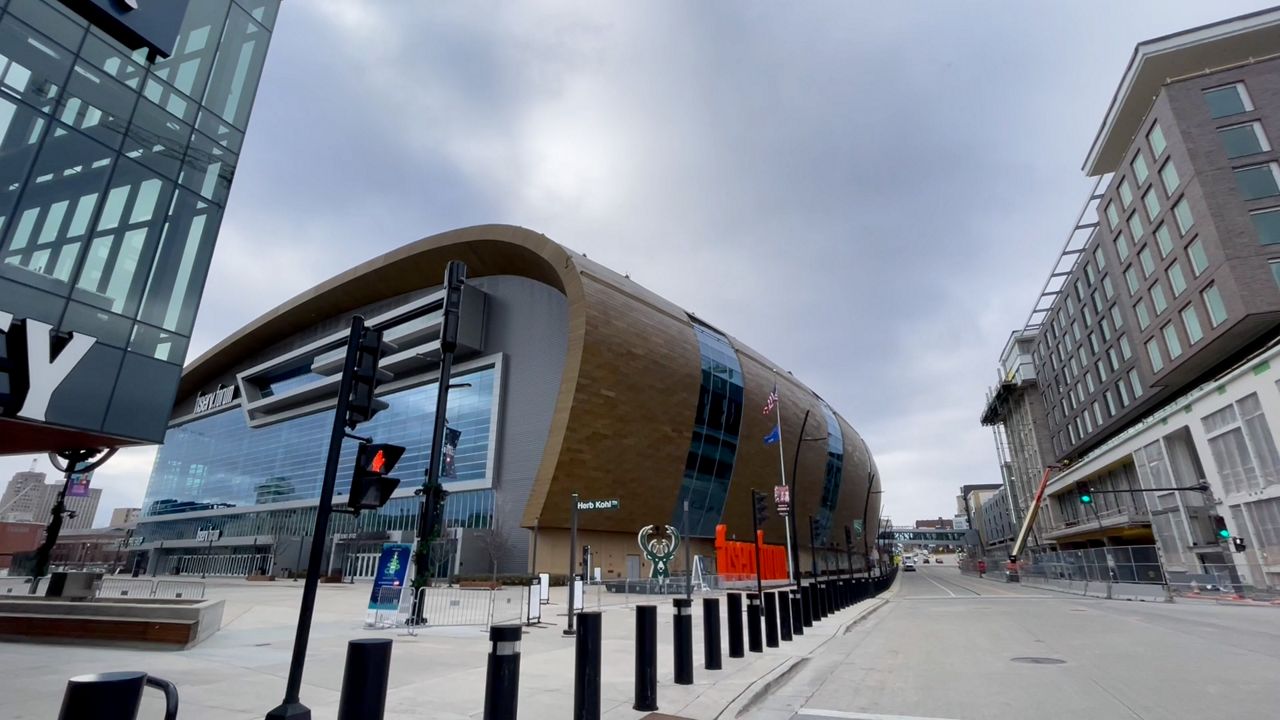MILWAUKEE — A new legislative session means a new opportunity for Milwaukee leaders who hope to convince state lawmakers to give them more tools to raise revenue.
The push by local leaders to raise the sales tax by 1% is hardly a new effort. However, the solution to shortfall struggles might take an approach that could be used statewide.
“The issues related to funding municipalities [are] not just a Milwaukee County issue or a City of Milwaukee issue. This is an issue that is facing many communities across the state of Wisconsin,” Milwaukee Co. Executive David Crowley said.
Crowley said the county is not dealing with a spending problem but rather a revenue issue.
Even though Wisconsin has a 5% sales tax, Crowley said state mandates for public services are eating up too much of the local dollars.

“We only get to keep 0.5% of those dollars right here, which doesn't give us the ability to really increase public safety measures, to increase our public health, our routes on our bus system because we aren't able to actually capture the economic activity that is happening in our own community,” Crowley explained.
The county has cut spending by about $30 million every year since 2010, according to Crowley. However, there is still a $329 million gap looming for the next two decades to maintain current services.
Shared revenue from the state hasn't kept up with rising costs and limits on raising property taxes also put the city and county in a pinch.
“What we want to be able to do is give a third towards buying down all property taxes for all Milwaukee County residents, a third would go to Milwaukee County, and a third would go to the City of Milwaukee,” Crowley said. “When you think about where we are as a county, we spend, on average, less than any of our peer counties across the country, so we don't necessarily have a spending problem. We have a revenue issue.”
When state lawmakers begin a new biennium in January, Crowley and other leaders will ask them to approve a 1% sales tax, which is estimated to amount to $180 million in locally-generated revenue annually. That figure could grow based on economic activity.
“By allowing us to receive this tool, [it] will provide benefits to the rest of the state as well because the tool that we are asking for, the fix that we are looking for, will not have statewide impact on the budget for example,” Crowley said. “[That] gives many other communities the ability to not only work with us but work with our other local municipalities, work with our state legislators as well, to figure out other ways to fund other governments.”
When asked during a recent WisPolitics forum about the legislature's willingness to allow Milwaukee County to raise its sales tax by a percent, Republican Assembly Speaker Robin Vos said revenue without reform isn't going to happen.
The comments signal that lawmakers are not necessarily opposed to the idea, but it will likely take more convincing from Milwaukee leaders.


